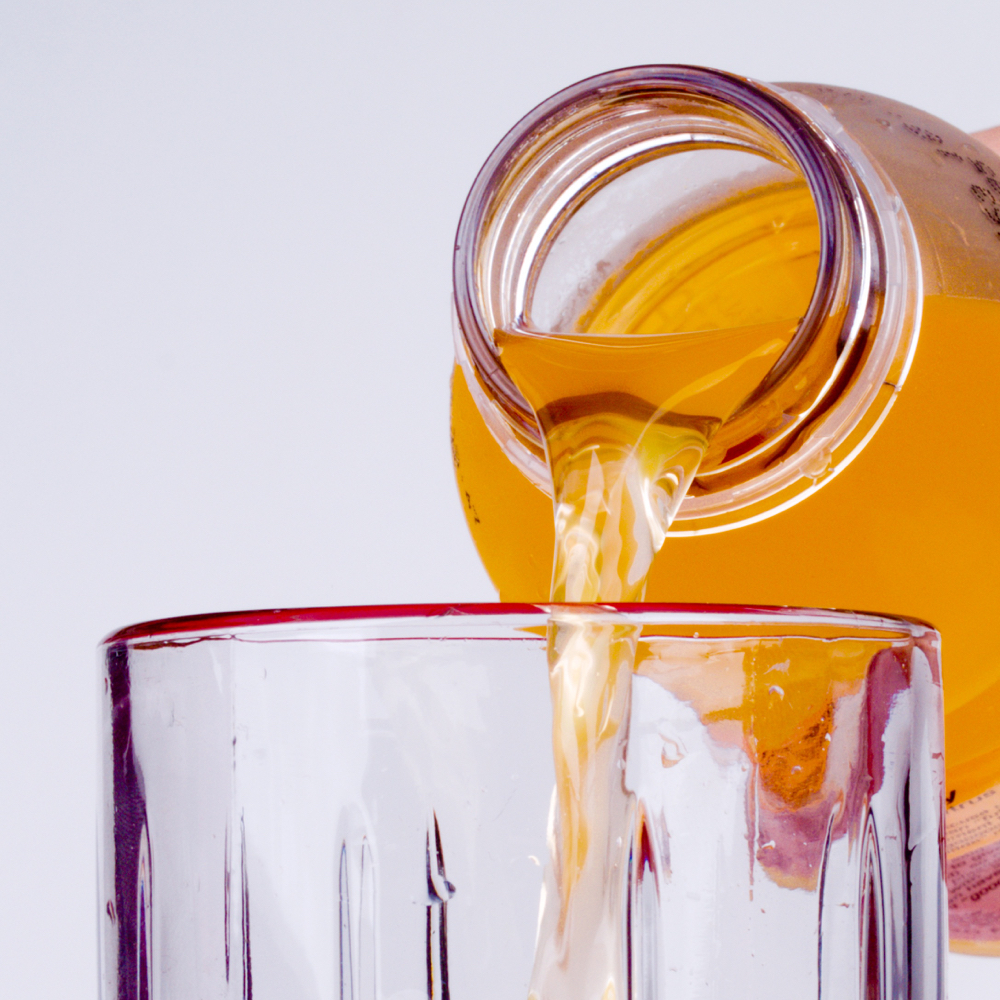You may have heard the term electrolytes. It’s often used in advertisements for sports drinks that are supposed to help you run faster, jump higher, and be a much better athlete!
It’s true, too. Electrolytes are very important to your body. It’s just that a sports drink probably won’t improve your athletic performance.
Electrolytes are minerals that your body needs to function properly. (Calcium and iron are minerals but they are not electrolytes. They are needed in greater amounts to build bones and ensure good red blood cell formation, respectively.)
Read Also

‘No agenda, no attenda’: How to professionalize your family farm meetings
Establishing meeting ground rules can help a farm family find ways to communicate that work for the business and the family.
Electrolytes are needed in much smaller amounts and are commonly found in dietary sources. Supplementation is usually not needed. Examples include sodium, potassium, magnesium, chloride, phosphate and bicarbonate. When your doctor sends you for lab tests, this often includes electrolyte levels.
Electrolytes are charged particles and easily dissolve in water, which means they circulate readily in your blood stream. They are involved in nerve functioning, muscle contraction, maintaining the right amount of water in your body (i.e. hydration), and regulating your body’s acid/base or pH balance.
You take their functioning for granted until you have a condition that involves them.
Kidney disease means that your kidneys do not function as well as they should and your body retains “wastes” it shouldn’t, while excreting substances it needs. Supplementation with electrolytes and drugs to rid the body of excess harmful substances, and medications to correct your acid/base balance may all be needed.
Electrolytes are also involved in the proper functioning of your cardiovascular system, another area where you take them for granted. They are needed for proper heart muscle contraction, too, and maintenance of healthy blood pressure.
Some people are sodium sensitive and need to reduce dietary sodium in order to keep their blood pressure within range. Diuretics or water pills not only rid your body of excess fluid to reduce blood pressure, but also potassium, which is essential for cardiovascular functioning. If you take a diuretic, you may need a potassium supplement.
Excessive sweating, vomiting, and diarrhea mean loss of body fluids and also loss of electrolytes. With physical activity, you may sweat more, losing more fluids and electrolytes, and sports drinks are able to replenish both fluids and electrolytes.
Unfortunately, many sports drinks contain excess sugar and caffeine which may not be ideal additives. You need to read the fine print to know just what your sports drink contains.
When babies or young children experience excessive sweating, vomiting, and diarrhea, it can lead to dehydration. With their smaller body size, they have less fluid so the loss of even small amounts can be problematic. Pediatric rehydration solutions are available and ideal for these situations.
Any one who experiences electrolyte depletion can have heart beat irregularities, numbness and tingling, confusion, muscle cramps, headache, and even convulsions.
A homemade rehydration solution is an alternative to sports drinks.
Mix six teaspoons sugar and a half teaspoon salt with six cups of clean water, or alternatively add a half teaspoonful salt to a combination of 1.5 cups of unsweetened orange juice and three cups clean water.
Remember when you feel thirsty, drink some water and aim for about eight glasses daily, or more if you are exercising or sweating.















